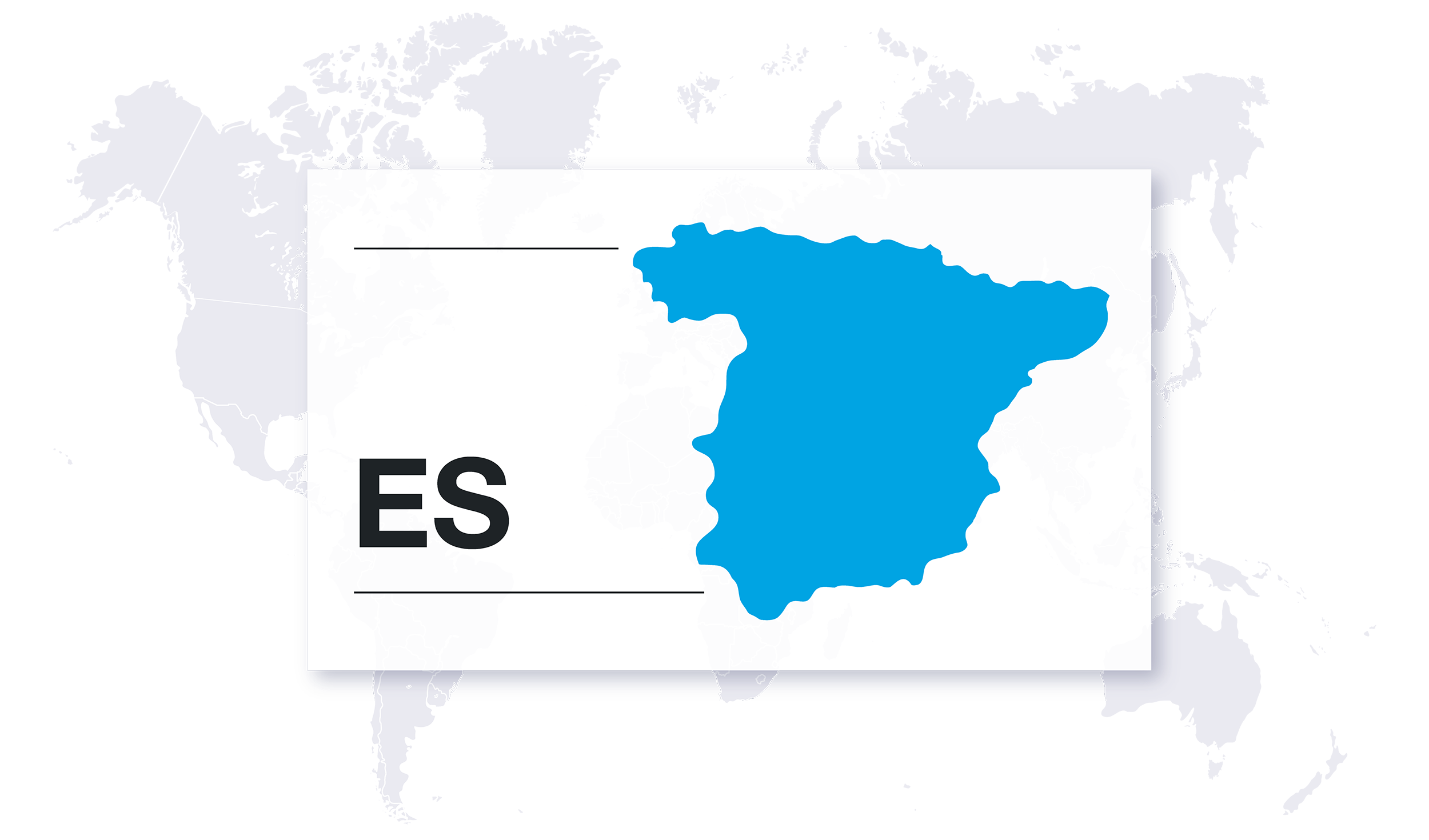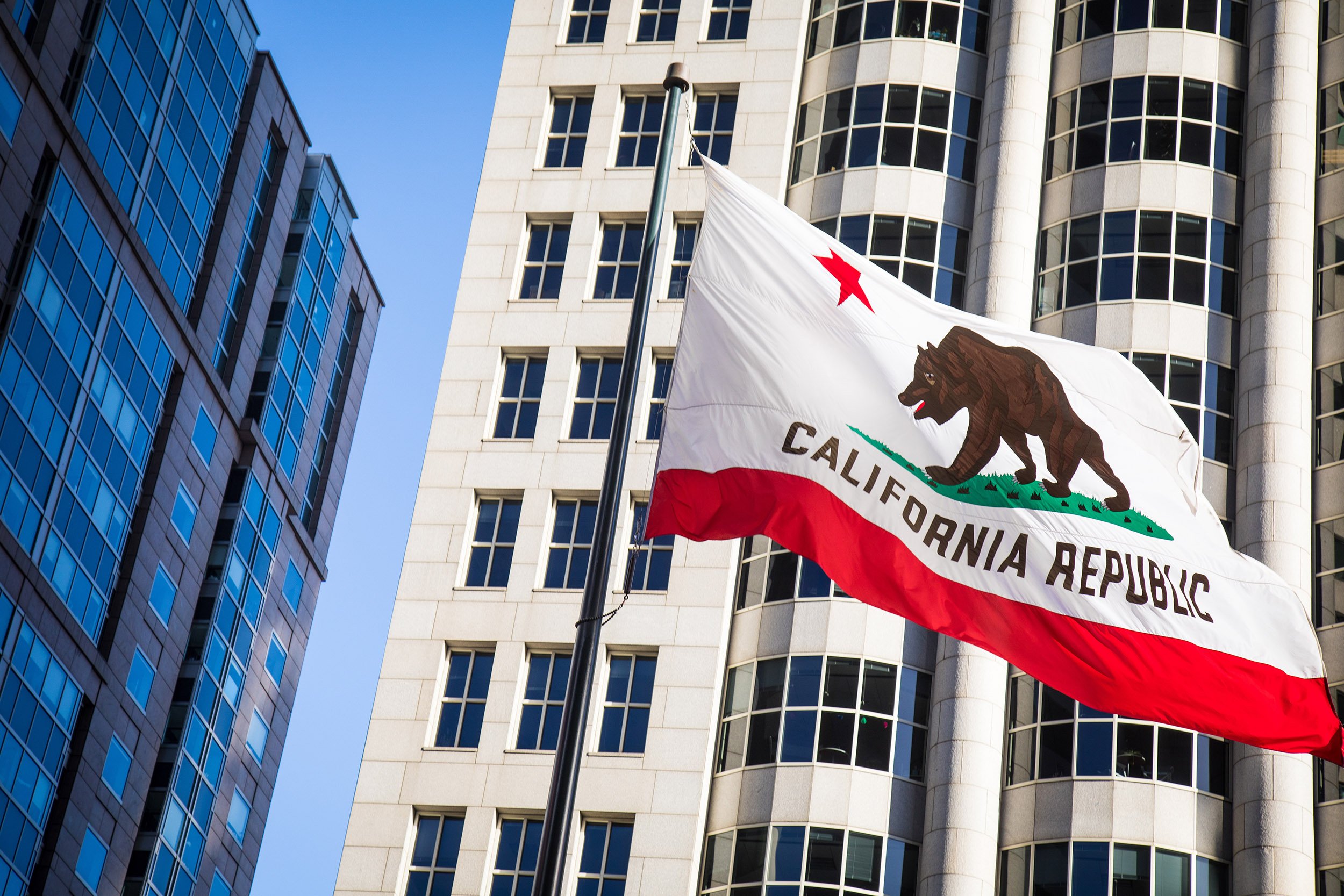
![]()
The time frame for submitting the annual pay data reporting snapshots to the California Department of Fair Employment and Housing (DFEH) is fast approaching.
To make matters more urgent, DFEH staff recently made it known that there would not be any extensions issued this year. Affected employers will need to submit their SB 973pay data reporting documents to the DFEH by April 1, 2022. The portal for submitting snapshots opened up for the 2021 reporting year in early February and will remain open after the mandated deadline.
Employers that submit their pay data reporting information after the deadline will be considered late. As to whether that could result in penalties is unknown. The agency’s recent activity of issuing penalty correspondence for non-filing, however, suggests that there could be monetary fees associated with late submissions.
As made clear in recent news in the lawsuit against Riot Games, the DFEH is using pay data information collected via SB 973 to enforce California’s Equal Pay Act.
The agency recently announced that it was reviewing more than 20,000 pay data reporting snapshots for the 2020 tax year and is expected to release the findings in the coming months.
As a reminder to employers, the DFEH intends to keep a record of pay data reports for a minimum of 10 years. While the reports are confidential, disgruntled employees asserting gender or race discrimination can request a copy of the report and possibly even subpoena the reports from DFEH.
We helped thousands of employers complete their pay data reporting snapshots last year and based on our own findings, we applied the data to all of California’s workforce. We found an annual gender pay gap of $46 billion and an even greater $61 billion annual race/ethnicity pay gap. Access our infographic below to see California’s pay gap.
If you’re unaware of California’s pay data reporting requirements, it’s part of the state’s SB 973 law. Here’s who must comply with California’s SB 973 pay data reporting law.
All private employers that file the federal EEO-1 report and have:
- 100 or more employees.
- At least one employee working in California.
If you meet the criteria listed above, then you need to comply with California’s SB 973 pay data reporting law and that means submitting your workforce pay information.
Here’s what you should include in your annual snapshot:
- Total number of employees listed by sex, race, and ethnicity in executive or senior-level positions and managers, first or mid-level officials and managers, professionals, technicians, sales, administrative support, craft workers, operatives, laborers, and helpers, and service positions.
- The number of employees listed by sex, race, ethnicity in each of the pay bands used by the U.S. Bureau of Labor of Statistics (BLS) and the Occupational Employment Statistics Survey.
- The total number of hours worked for each employee in every pay band.
Many employers believe that the law doesn’t apply to them because they’re not based in California and the majority of their workforce operates in different parts across the country. It only takes one employee working in California for SB 973 to apply to your organization.
Best practices for knowing what you’re filing with the DFEH, before filing it, include performing a pay equity audit.
This analysis will identify pay gaps and discriminatory pay disparities, allowing you to take proactive measures to address and resolve unethical pay policies. This critical advantage allows you to get ahead of any potential legal action the DFEH may take after reviewing your pay information.
More importantly, a pay equity audit helps you correct flawed compensation policies within your organization, which in the long run will help you retain your workforce, attract new talent, and increase overall business performance.
Need help determining if the requirements of the pay data reporting law apply to you? Contact us to find out. If you’re interested in learning more about California’s SB 973 pay data reporting law, download our white paper below:




